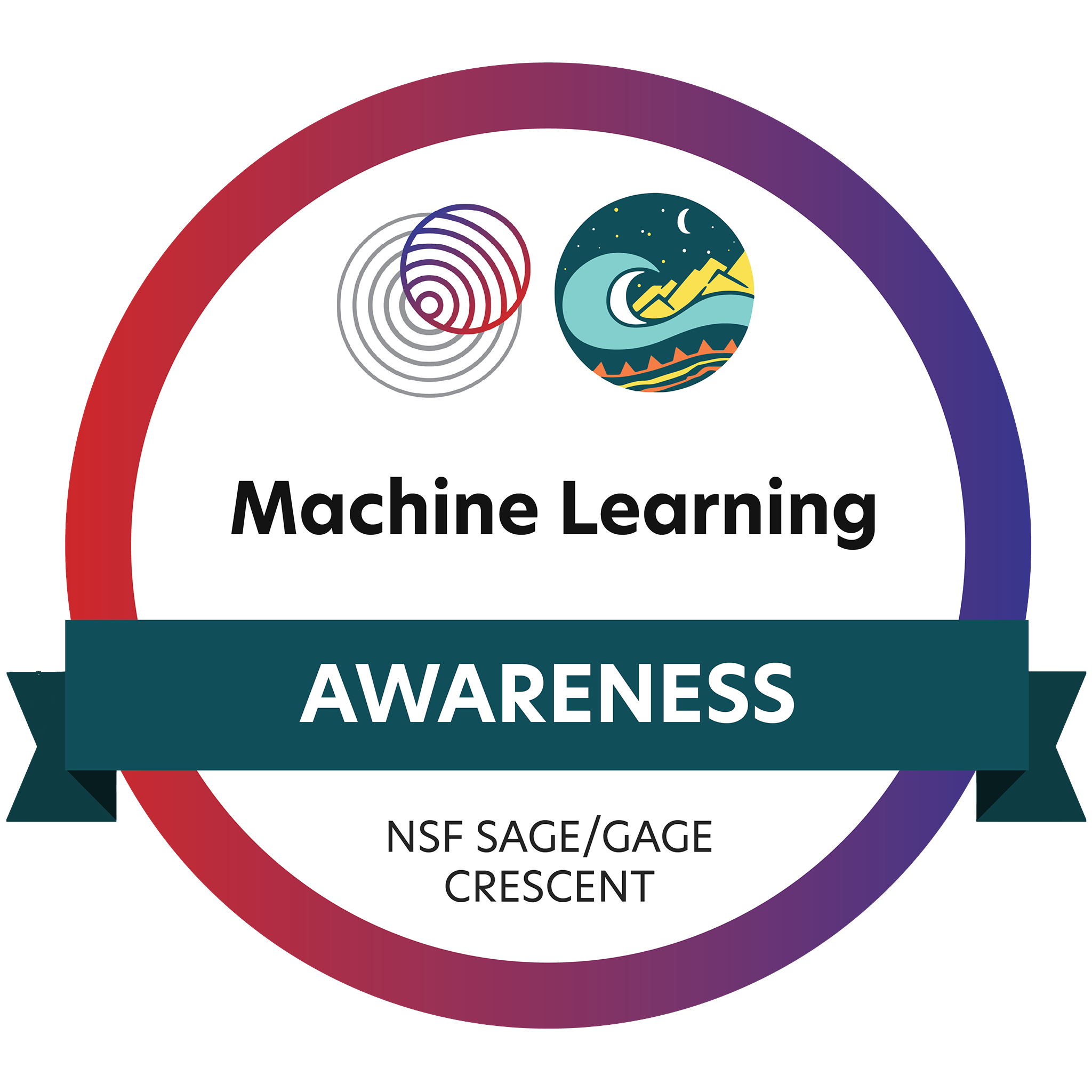
Technical Short Course
Machine Learning
May 12-14, 2025
Seattle, Washington
About
Program Overview

This three-day short course provides a hands-on introduction to machine learning techniques for seismic event analysis. Participants will learn to develop AI-aided earthquake catalogs through three key steps: event detection, association, and location with quality control. The course covers neural network architecture selection, model training, performance metrics, and application to continuous seismic data. The workshop will include a mix of presentations and hands-on tutorials. The final day will include a participant hack-a-thon in which students attempt to develop a machine learning based quality control workflow to apply to future generations of machine learning earthquake catalogs.
We will cover travel, 4 nights of accommodations, including breakfast and lunch during the short course.
Due to funding constraints, participants will be sharing rooms during the program. However, exceptions may be considered on a case-by-case basis. Please contact us if you have any specific concerns or requirements.
Important Dates

- Student Applications Close
March 15
- Acceptance Letters Sent
~March 26
Learning Goals and Objectives
By the end of this short course, participants will be able to:
- Explain the role of machine learning in earthquake detection, association, and location.
- Select appropriate neural network architectures for earthquake detection and phase picking.
- Train models using labeled seismic datasets and evaluate their performance.
- Implement trained models to detect and associate seismic events in real-world data.
- Optimize model parameters for accuracy and efficiency in earthquake cataloging.
- Integrate machine learning outputs into earthquake location algorithms.
- Assess model predictions and refine event catalogs through quality control methods.
- Design end-to-end machine learning workflows tailored to specific seismic networks or research needs.
- Collaborate on participant-led exercises to improve catalog quality and reliability.

Highlight Your Skills with a Digital Badge: Participants earn a credential through Credly issued by EarthScope Consortium that verifies your achievements. The badge showcases the knowledge and skills you’ve gained and can be shared online, added to resumes, or displayed on professional and social media profiles to support your career growth.
Tentative Agenda
Day 1:
- Curating machine learning datasets with a focus on the Pacific Northwest
- Introduction to Seisbench
- Build and train deep learning models for detecting, picking, using Seisbench
- Research talks by Yiyu Ni (UW) and Amanda Thomas (UC Davis)
- Hackathon: Detect on continuous data
Day 2:
- Phase Association
- Application to Picks from Day 1
- Event Discrimination
- Research talks by Ian McBreatry (Stanford) & Akash Kharita (UW)
- Hackathon: Associate on Day 1 detection
Day 3:
- Earthquake Location & Relocation
- Research talks by Felix Waldhauser (Columbia University)
- Hackathon: Quality-control on machine learning catalogs
Application

This course is for graduate students, postdocs, and professionals in the field of earthquake science who have specific research or application needs for machine learning in earthquake detection, association, and/or location. They should have intermediate python skills and a current interest in utilizing this technology.
Space is limited to 20 participants.
Prerequisites
1. Need to have intermediate python skills including:
- Core Python Proficiency – Comfortable with syntax, functions, and best practices.
- Data Handling – Uses pandas and NumPy for data manipulation and analysis.
- Automation & File Handling – Reads/writes files, automates tasks, and web scrapes with requests.
- Debugging & Exception Handling – Uses try-except, logging, and debugging tools.
- Data Visualization – Creates plots using Matplotlib, Seaborn, or plotly.
- Algorithms & Data Structures – Implements sorting and searching
- Version Control – Works with Git/GitHub, branches, and pull requests.
- Python Packages & Environments – Creates/imports modules, manages dependencies with venv/conda.
2. Must have a laptop computer capable of accessing the internet.
3. Applicants are currently based at a U.S. institution.
The application closes March 15, 2025 at 11:59 pm Pacific Daylight Time.
For questions contact GEI Program Manager Shannon Fasola (sfasola@uoregon.edu).
Instructors

Marine Denolle: University of Washington
Amanda Thomas: University of California, Davis
Felix Waldhauser: Columbia University
Ian McBrearty: Stanford University
Yiyu Ni: University of Washington
Loic Bachelot: CRESCENT
Nate Stevens: PNSN | Unversity of Washington
